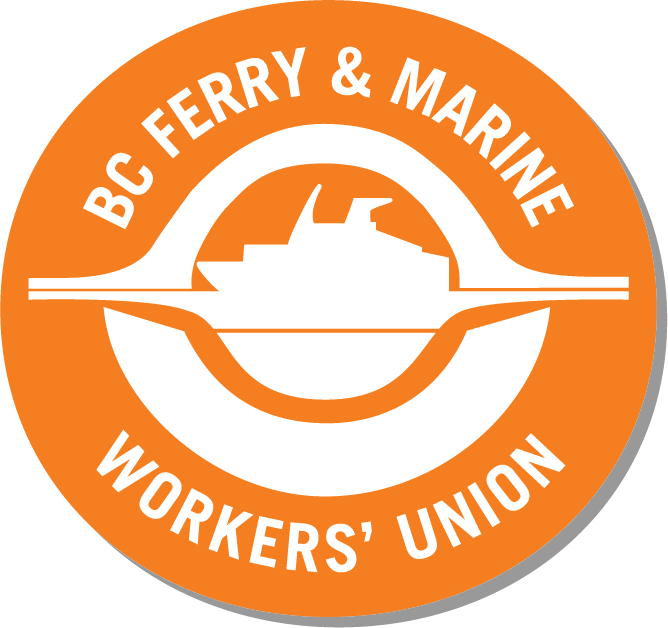Bulletin #12
February 25, 2022
ISLAND CLASS VESSEL JUDICIAL REVIEW
Brothers, Sisters, Friends,
We have received the Court’s decision regarding our Request for Judicial Review of Transport Canada’s issuance of a Minimum Safe Manning (MSM) certificate of five crew for the Island Class Vessels.
In short, the Court dismissed our application for judicial review, which is not the outcome we were hoping for. How is this possible? As is often the case in judicial reviews of government decisions, the Court’s determination on a number of the issues argued by the Union turned on the standard of review, which required the TC decision to be “reasonable” or bearing the “hallmarks of reasonableness”, rather than simply determining whether it was correct. This is evident in the Court’s summary of its determination as follows (paragraph 5):
“I have not been persuaded that the decision by Transport Canada to issue the C Licence was unreasonable. I am being asked to reassess the evidence and substitute my own judgment for that of an experienced and professional five-member panel at Transport Canada which, after not allowing an MSM level of five crew for up to 220 passengers, reviewed the material and determined that an MSM level of five was sufficient with up to 145 passengers on board; this I will not do and I am therefore dismissing the present application for judicial review.”
While this is disheartening, there are some diamonds in the rough. The decision lays out some of the representations and interpretations TC and BCFS had to make in order to plead their case, which must be addressed in the matter of safety. As examples, when faced with explaining where a section of the MSM Matrix that requires an additional crew member to account for each compartment normally occupied by passengers including lounges and open decks, TC assigned only one crew member to this task. The Court could only determine this as an anomaly in the decision. In addition, TC actually argued that man overboard or medical emergency scenarios did not have to be considered, and the Court suggesting the MPR’s are outdated should assist us in our future MPR consultations (see paragraph 40).
We would like to point out at paragraph 97, the Court at least validates the Union’s concerns about the potential safety consequences of understaffing the vessels, despite finding that these concerns were insufficient to reach a determination that Transport Canada did not comply with statutory duties or the MPR:
“In the end, I appreciate the Union’s plea and am mindful of the consequences of vessels being understaffed; I cannot disagree with the Union when it argues that there have been too many incidents where one or two additional crew may have resulted in better outcomes during marine emergencies and that the TSB reports are replete with recommendations on safe manning requirements, in particular as regards clear, complete and safe evacuation procedures. …”
Another point to consider is that on February 8, 2022 TC issued SSB 04/2022. This Ship Safety Bulletin will require proof of the Evacuation Procedures and witnessing of live in person drill of the evacuation procedures for issuance of the inspection certificate (certificate to sail). There should be a large number of participants available to represent passengers. Any new vessels or those with lifesaving equipment that has changed will have to have a drill witnessed by either TC or a recognized organization prior to coming into service.
In Solidarity,
Dan Kimmerly
Ships’ Officers’ Component President
To view as a pdf: Bulletin #12 Island Class Vessel Judicial Review
